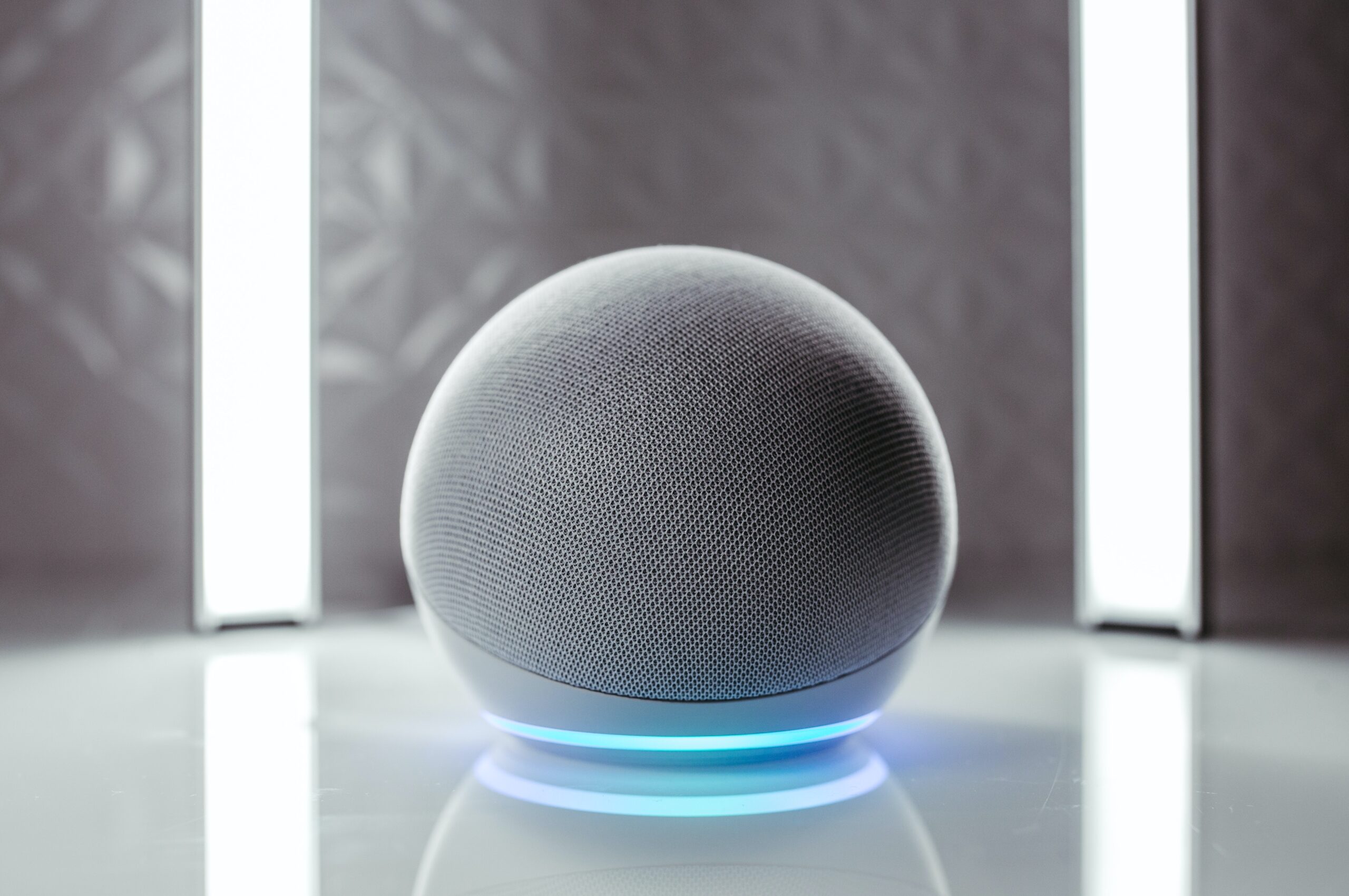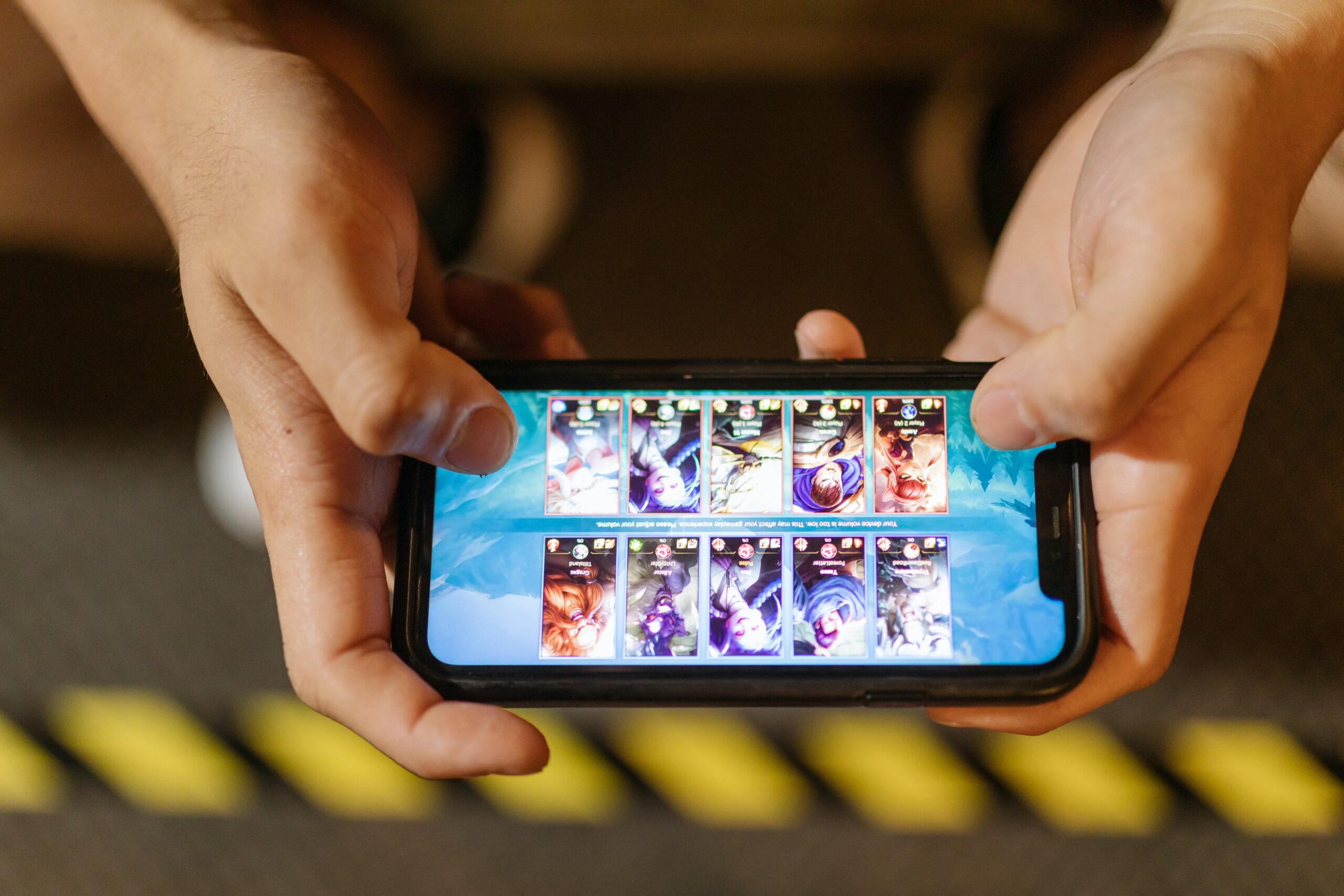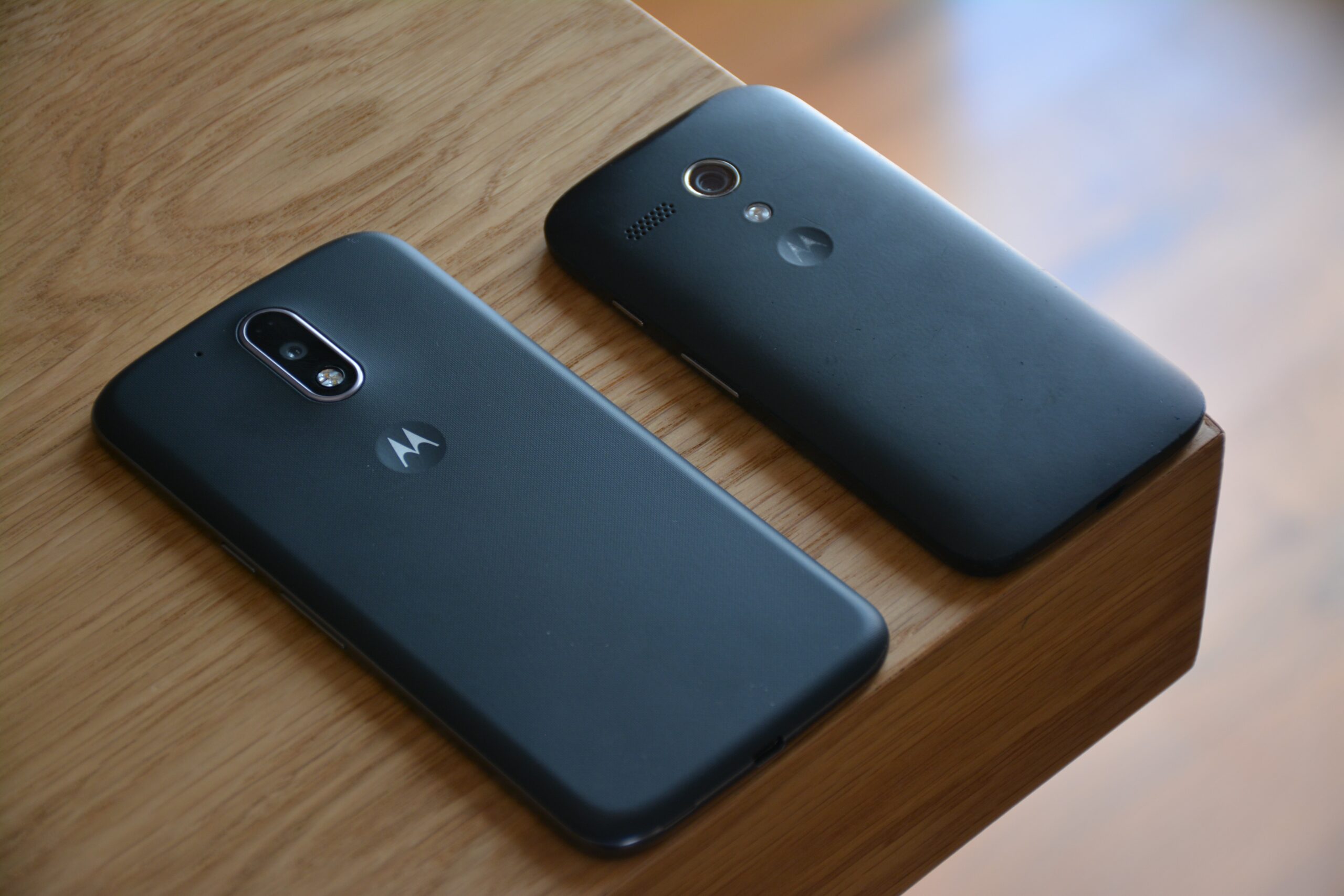See the reasons behind China's ban. Apple could lose a lot of money because of it.
According to the Wall Street Journal (WSJ), China has banned government employees from using iPhones at work. The move comes amid growing tensions between Washington and China. Employees were notified of the ban by their superiors via an app or in-person meeting. According to the WSJ, the guidance has been passed on to the heads of government agencies, but it is not yet known how many people will be affected or which industries will be banned by the measure.
The ban comes just days before Apple's September 12 event, which analysts said would feature the launch of a new line of iPhones and smartwatches. The products have raised concerns for the Chinese government as it seeks to reduce its dependence on foreign technology.

China wants less dependence
Apple and China's State Council, which oversees the day-to-day management of the regime and economy, did not respond to Reuters' request for comment. On Wednesday morning (6), Apple shares fell 3% on the U.S. Stock Exchange. According to a U.S. newspaper, other foreign cell phone lines were also banned, in addition to the iPhone. However, it did not specify which lines.
For more than a decade, China has been encouraging domestic companies to adopt Chinese systems and products to take advantage of its semiconductor chip production. China stepped up its campaign in 2020 after its leaders proposed a so-called “dual-cycle” growth model to reduce dependence on foreign markets.
The double cycle consists of cycles of demand and domestic innovation, which are the main drivers of the economy. In May, China urged large state-owned enterprises to play a “leading role” in achieving technological independence, amid growing concerns about data security.
Cold War 2.0
Tensions between the US and China, Cold War 2.0 rivals, escalated in February when the Pentagon spotted Chinese hot air balloons flying over US territory. The balloons were shot down by fighter jets in an act that the Chinese government called heinous. The US claimed the downed objects were spying tools, while the Chinese regime claimed they were research equipment.
The incident sparked discussions about the activities of Chinese companies on American soil. Also in February, the U.S. government ordered U.S. government agencies to remove the chinese app TikTok from federal devices and systems. According to the White House, the measure was taken to ensure the security of sensitive information.
Back in December, the US Congress introduced a bill to ban TikTok in the US. Therefore, iPhone ban The Chinese regime’s crackdown could be yet another act of retaliation. U.S. Commerce Secretary Gina Raimondo, who visited Beijing last week, said U.S. business leaders have told her China has “become impossible to invest in,” pointing to fines, strikes and other measures that make doing business with Asian giants risky.
Analysts told Reuters that China's move shows Beijing is not looking to completely shut out U.S. companies as it seeks to reduce its dependence on technology. China is one of Apple's biggest markets, generating nearly a fifth of its revenue.
On Monday, the Wall Street Journal reported that Chinese have targeted military bases and other sensitive sites in the United States more than 100 times in recent years. The incident has raised concerns among U.S. officials, who described it as a potential espionage threat.



